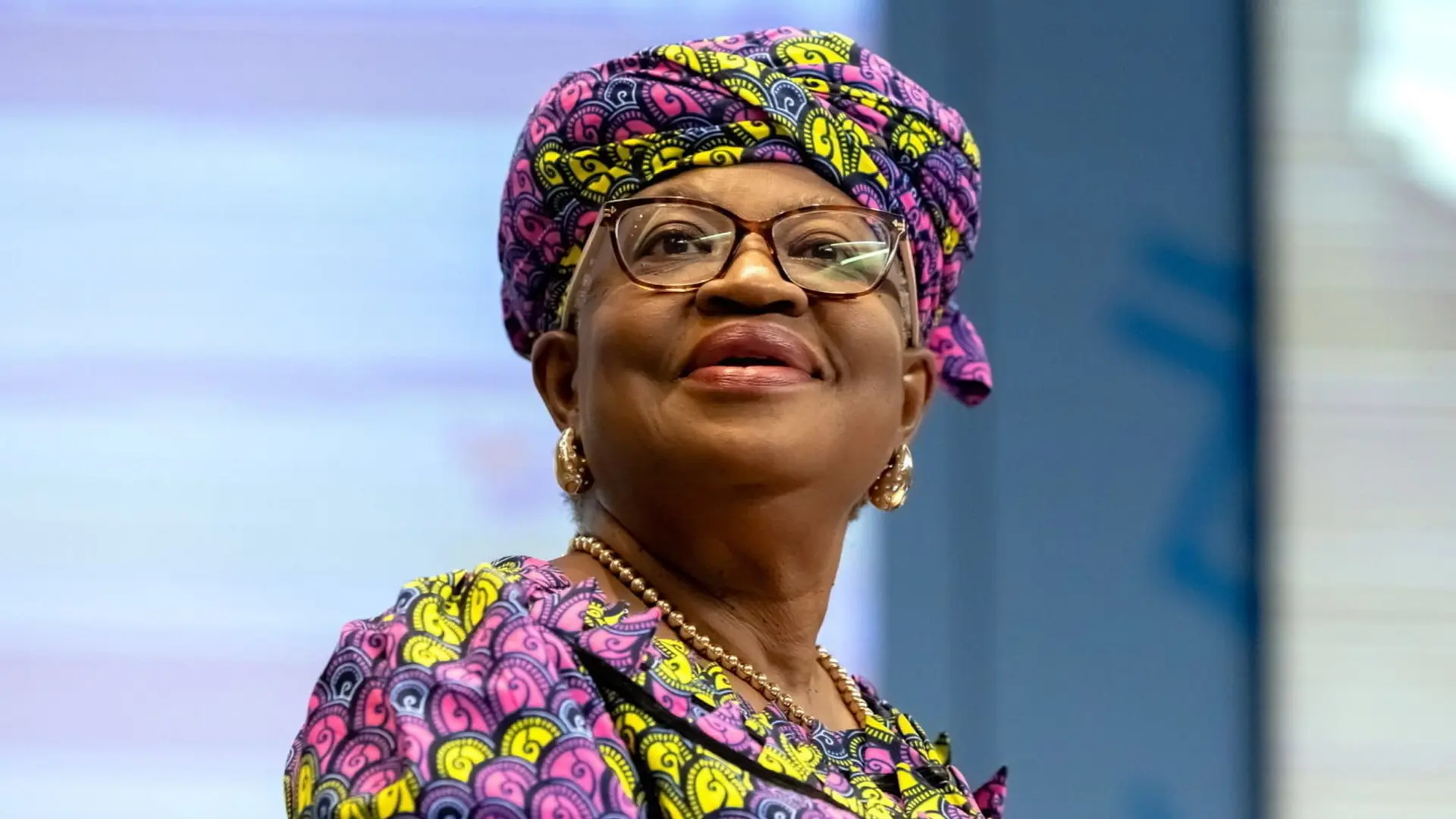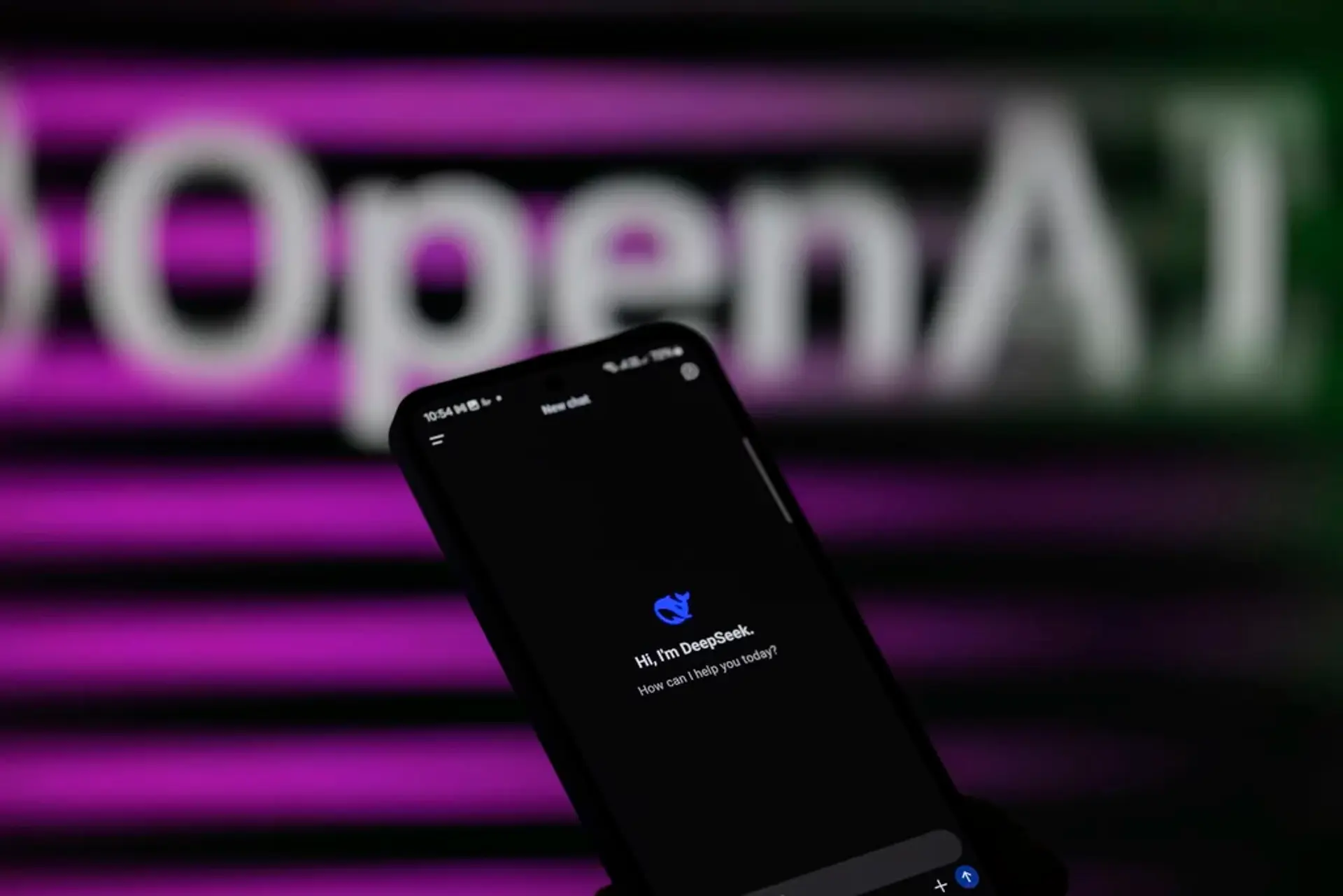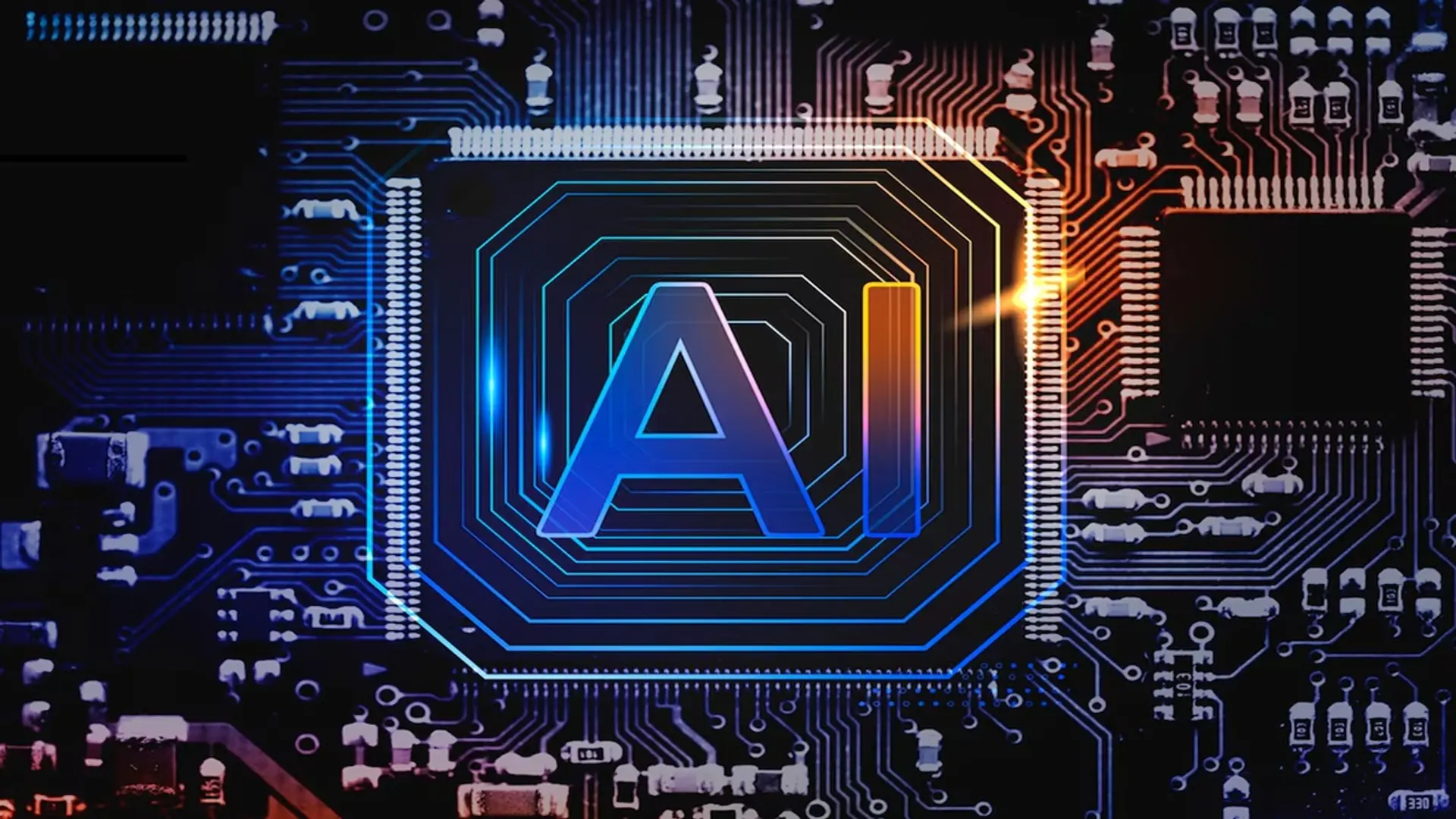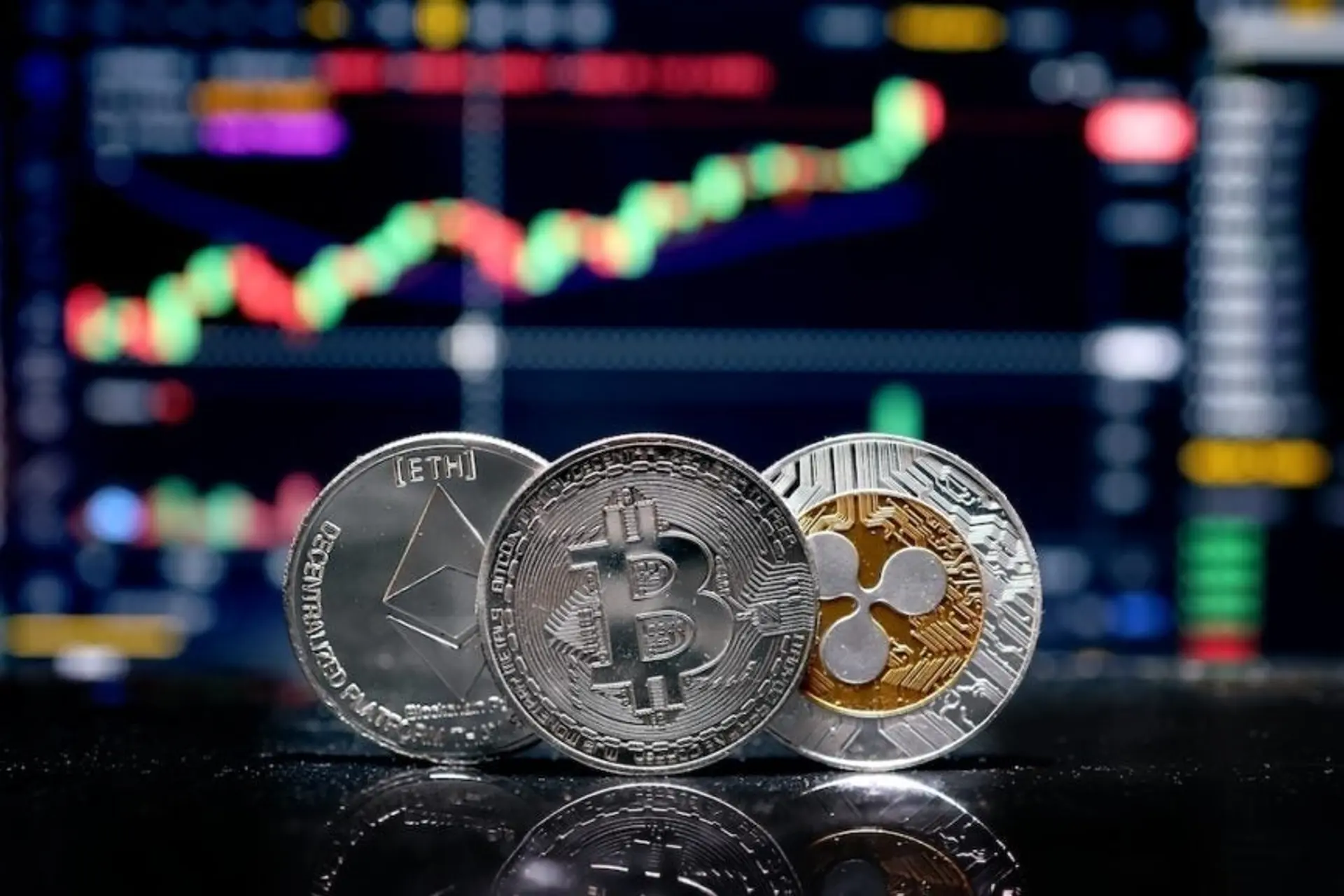The World Trade Organization (WTO) has released a report analysing the impact of artificial intelligence (AI) on global trade, highlighting both opportunities and risks. AI's adoption could significantly reduce trade costs, transform digital services, and redefine competitive advantages for countries. This could particularly benefit small businesses and developing economies by automating logistics, streamlining customs, and improving regulatory compliance. Optimistic projections suggest global trade could increase by nearly 14 percentage points by 2040 with widespread AI adoption.
However, the report warns of a growing 'AI divide' between high- and low-income economies, and between large and small firms. Wealthier nations with robust digital infrastructure are better positioned to harness AI's benefits, potentially exacerbating existing inequalities. The WTO stresses the importance of international coordination in AI regulation to prevent further fragmentation of global trade. Key challenges include data governance, intellectual property rights, and ensuring AI's trustworthiness.
To mitigate these risks, the WTO advocates for a coordinated and equitable approach to AI governance, ensuring its benefits are shared globally. This includes addressing regulatory fragmentation and promoting policies that support workforce adaptation through reskilling and upskilling initiatives. The goal is to shift the focus from technology-centric development to people-centric policies, fostering inclusive AI governance that prioritises human needs and prevents the concentration of wealth and power.




